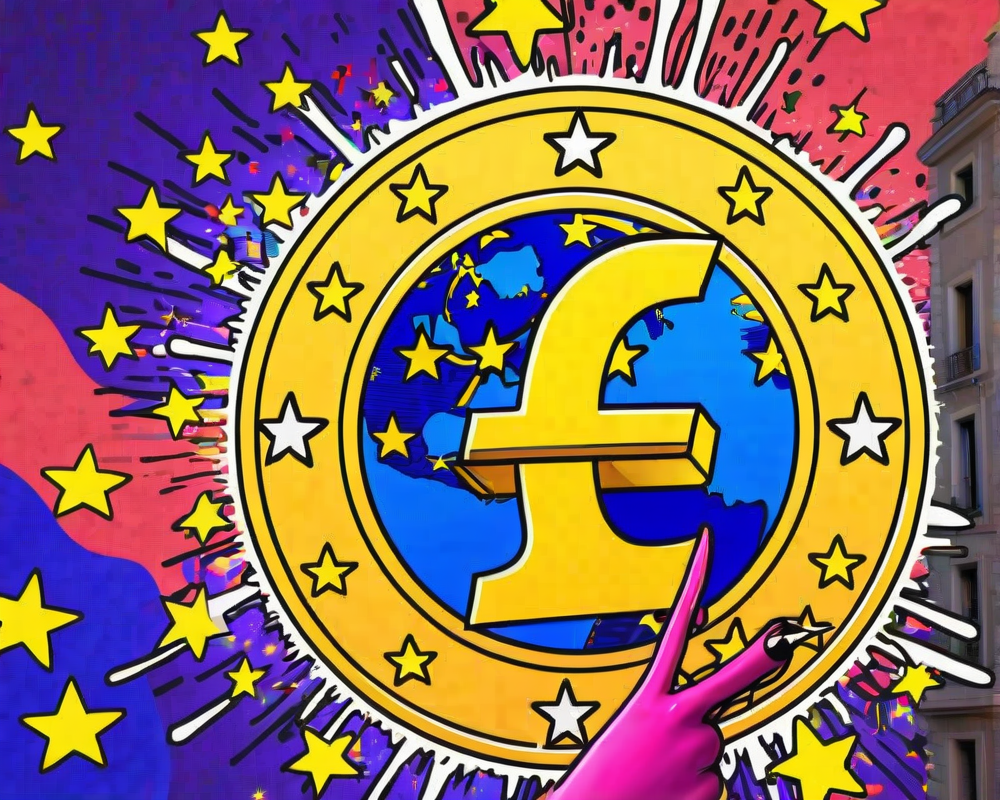The Rising Tide of CBDCs
Central Bank Digital Currencies (CBDCs) are stirring up conversations like a java-fueled debate at a hipster café. While some countries like Nigeria are leading the charge, others remain skeptical. A recent report titled “The State of CBDCs in 2022” sheds light on the ongoing tug-of-war between public initiatives and private concerns.
Private Sector Pushback
In the ferocious arena of digital finance, private stakeholders have voiced strong objections to the idea of CBDCs. Citing insights from stablecoin issuer Circle, the report posits that the innovation of digital currency might be best left to the private sector—where bean counters can experiment with regulations instead of red tape.
Banking on Control
The American Banking Association (ABA) threw in its two cents, declaring that a Fed-issued CBDC would lack “compelling use cases.” Imagine banking tasks restructured as if they were assembling IKEA furniture—complicated and possibly each piece would end up missing at the end. The ABA contends that such a shift could transform responsibilities at the Fed, suggesting that the private sector might just be more qualified to handle the intricacies of digital currencies.
Diverse Concerns from Stakeholders
It’s not just about innovation; privacy also rears its head in the discussion. Stakeholders are worried about anonymity in transactions. The concerns don’t stop there!
- Interoperability: Can different CBDCs chat with one another like old friends? Without this, the system might become a digital Tower of Babel.
- Scalability: Will they be able to handle millions of transactions without crashing and going all dial-up on us?
- Technological Structure: A robust backbone is necessary; after all, no one wants to work with a digital currency built on sand.
- Balance of Power: The tug-of-war between monetary control and decentralized innovation is a continuing theme.
Global Perspectives on CBDC Adoption
On the international front, Indonesia is striding boldly with its plan to make its CBDC the official currency. Governor Perry Warjiyo bragged during an annual meeting that the new digital rupiah would go global, looking to dance in rhythm with the CBDCs of other nations. Meanwhile, Pakistan is sprinting towards a 2025 launch, crafting laws to pave the way for its own digital currency under World Bank supervision.
The Race is On!
As nations race to innovate, the question arises: will the private sector and governments learn to coexist, or will the clash of ideals continue to spark debates over control, innovation, and the future of money?




